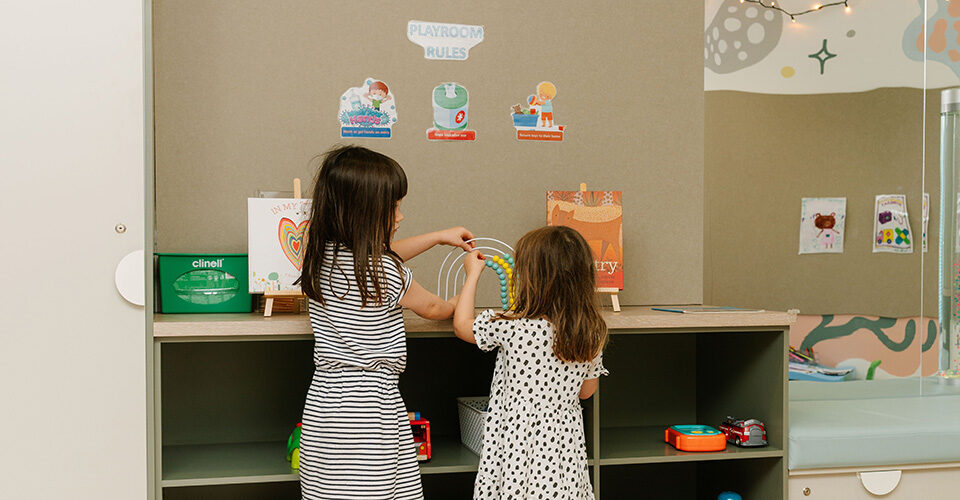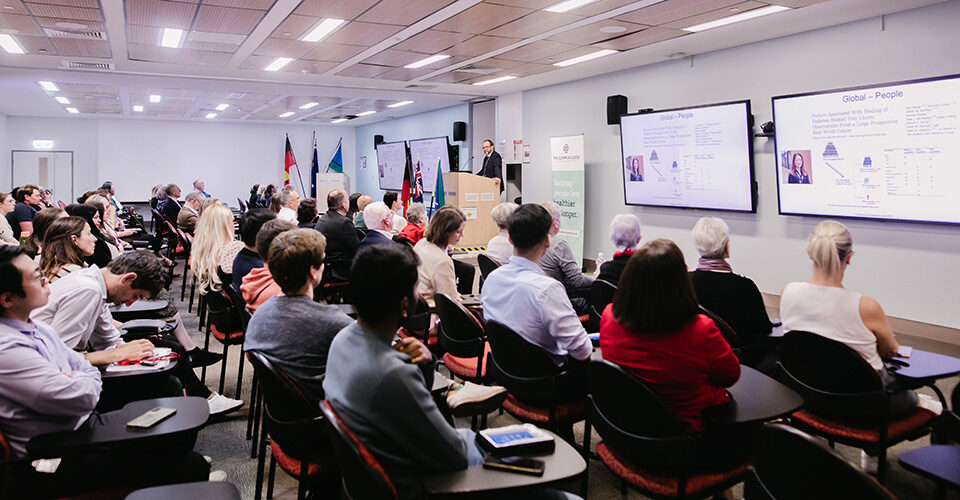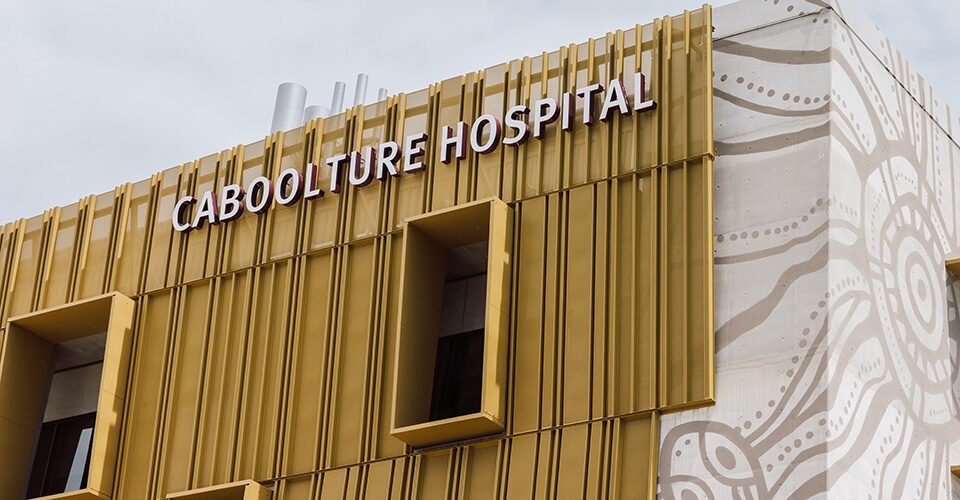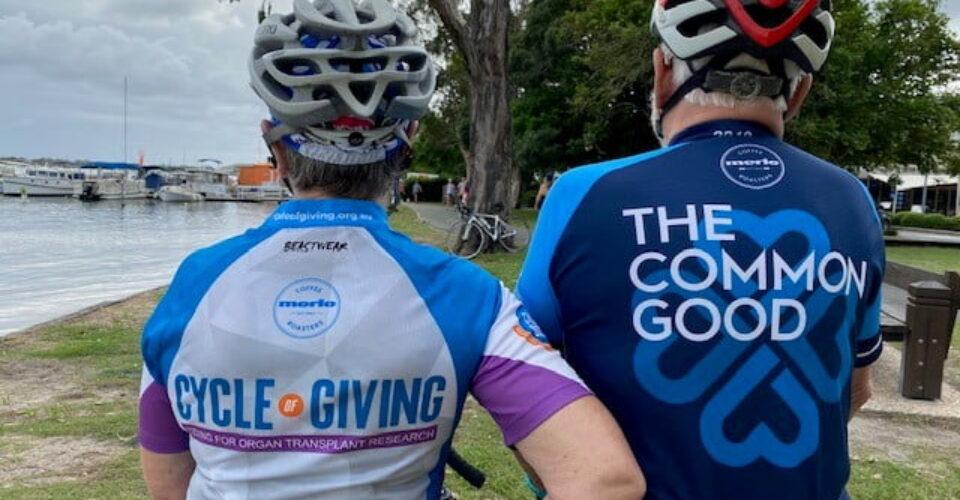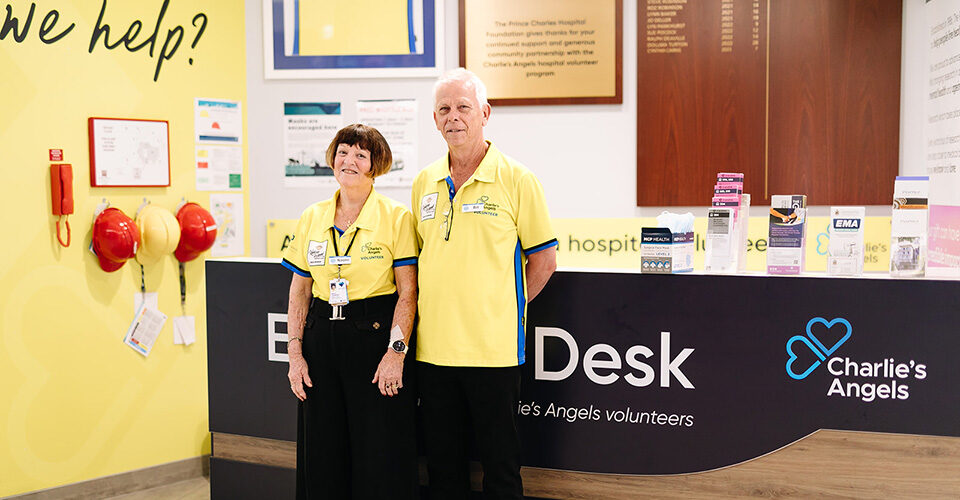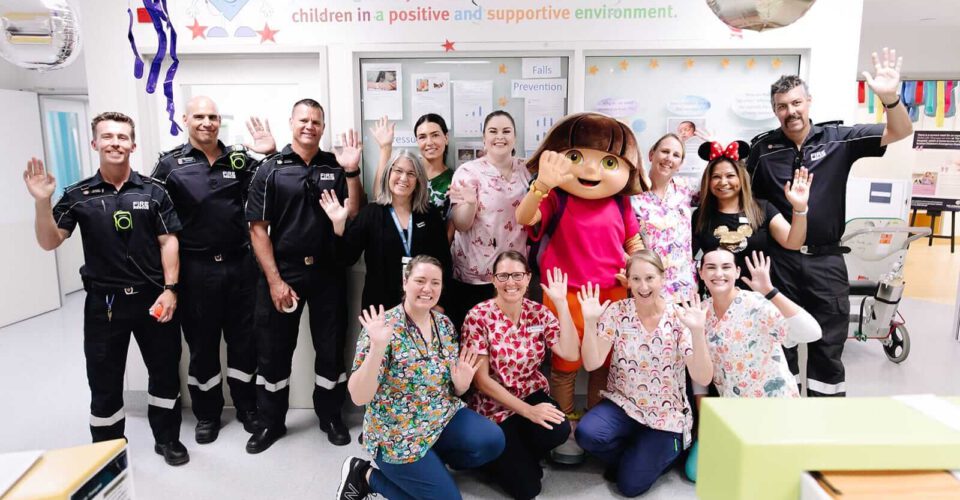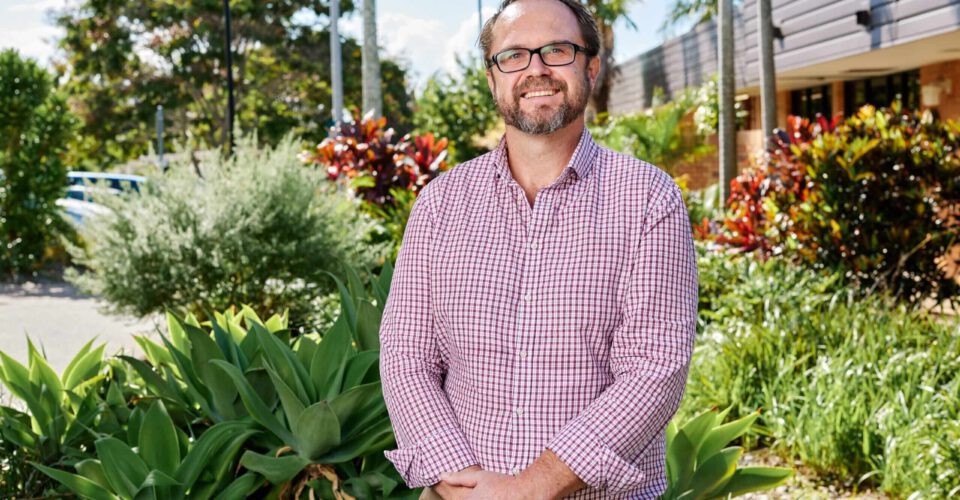Every February we celebrate the International Day of Women and Girls in Science, and in this blog, we introduce you to some of the remarkable women working to invoke change in their medical and research fields in 2025.
These women have all had extraordinary journeys to get to where they are today, and each of their paths have been littered with obstacles they may have thought they would never overcome. But all of these incredible females persisted, driven by their desire to make a positive impact for patients now and into the future.
At The Prince Charles Hospital Foundation, we proudly support dozens of incredible female researchers and clinicians on their life-changing missions. Here are some of their stories.
Acknowledging the International Day of Women and Girls in Science 2025
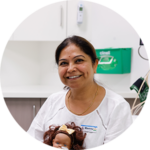
Meenu Wadhwa
Child Life Therapist, The Prince Charles Hospital
Focus Area: The Impact of Child Life Therapy in Children’s Emergency Department
Meenu was employed as the Child Life Therapist at The Prince Charles Hospital in 2022. Her role was initially a pilot program funded for one year through the Foundation and its initiative The Common Good as an alliance partner of Hospitals United for Sick Kids, with thanks to its major partner, Coles.
Meenu implements play-based, developmentally appropriate interventions to support the emotional safety and psychological well-being of young patients. This, in turn, minimises their fear and anxiety in order to improve their ability to cope with procedures and the unknown of being in a clinical environment.
“As a Child Life Therapist, my job is to support the emotional well-being of children and their families while they are in the hospital, receiving medical care. I’m there to ensure that while we fix their broken bones or treat their illnesses, we aren’t leaving them with emotional scars or trauma that will follow them long after they leave the hospital,” said Meenu.
While Meenu is paving the way as a Child Life Therapist here, being the first in a Queensland public hospital, her path could have been very different.
“When I think back to where my journey began, I can trace the roots of my empowerment to a single moment in my youth,” she recalled.
“I was born and raised in New Delhi, India, in an upper-middle-class business family, where the path laid out for me seemed clear. At seventeen, my grandfather had chosen a “suitable boy” for me, because that’s what girls were expected to do—get married, take on a new surname, care for the household, and live under the shadow of their husbands.
“But then, something remarkable happened. My mother, a woman with an unshakeable belief in the power of choice, spoke words that changed everything: “Marriage can wait.” In that moment, I found the courage to dream beyond the confines of traditional expectations. Her support gave me wings, and I was determined to build my own identity, independent of the roles others expected me to play.”
Learn more about Child Life Therapy here.

Khera Kim
Nurse Practitioner, The Prince Charles Hospital
Focus Area: Dementia and Delirium Service
Khera is both a mother and wife who proudly leads initiatives at The Prince Charles Hospital that enhance dementia care within the hospital’s Cognitive Assessment and Management (CAM) Unit. She says they are launching two key projects: the Dementia Friendly Environment Triad of Care and the Bundle of Care.
The Triad of Care focuses on designing supportive environments tailored to the needs of patients and their families.
The Bundle of Care complements this by ensuring that every patient’s needs are met, integrating the best practices I have learned throughout my career.
“These initiatives reflect my belief that compassionate care must extend beyond medical treatments; it should encompass a holistic approach that prioritises dignity and respect for every individual, something I strive to impart in my work and the values I instil in my children,” says Khera.
It was Khera’s mother who inspired her to consider a path in healthcare.
“My path in healthcare was ignited during my childhood, and my mother, a clinical psychologist, mainly inspired me. Witnessing her dedication to her patients taught me the power of empathy and compassion. But my journey is not just a professional story; it’s intertwined with my experiences as a mother and a wife,” Khera said.
“I began my nursing career at 21, married at 24, and embraced motherhood at 25. Juggling a demanding job in intensive care nursing while navigating the challenges of pregnancy was no easy feat. I remember the late nights, balancing work responsibilities and family commitments, often feeling the weight of expectation on my shoulders.”
Khera was instrumental in the establishment of Charlie’s Village – a village-like community area with realistic, built-in facades of a post office, café and bakery, hair salon, and general store in the outdoor area of CAM Unit. This environment which was the first of its kind in an Australian public hospital was proudly funded by The Prince Charles Hospital Foundation with support from the generous community.
Learn more about Charlie’s Village here.

Debbi Sutherland
Assistant Director of Midwifery
Focus Area: Evaluating an innovative model of antenatal care for young, vulnerable mothers
Debbi’s curiosity about healthcare as a child began when visiting people in hospital.
“I’d sneak peeks behind the curtains, wondering what was happening in there… what were their stories?” she recalls.
That curiosity led to a career spanning emergency nursing and midwifery, with her family contributing nearly 80 years of combined service to Metro North Health Service. After working in EDs across Australia and the UK she made a decision to become a midwife.
While raising a family—including newborn twins—Debbi completed her midwifery studies, driven by a passion to deliver meaningful healthcare. This passion flourished when she developed an integrated model of care for young, pregnant women facing complex social challenges. Meeting them where they felt safe—whether in youth shelters or Macca’s carparks—transformed engagement and outcomes.
“The answers we seek are within the women we support,” Debbi says. “They tell us by their engagement, their experiences, and through their trust.”
A novice research grant from The Prince Charles Hospital Foundation in 2022 was pivotal, providing time, mentoring, and resources to evaluate the program’s impact.
“The Foundation’s support allowed me to confidently share outcomes at conferences, round tables, and with political leaders,” she notes.
Her work has influenced key Queensland health strategies, proving that investing in women drives change.
“The one thing I know for certain is this: investing in women is a guaranteed success. We make things happen.”

Molly-Rose McInerney
Research Fellow, Critical Care Research Group
Focus Area: Improving the viability and availability of donor hearts
For Postdoctoral Research Fellow Molly-rose McInerney, a fascination with cellular biology and bioinformatics laid the foundation for her career in cardiovascular genomics and research.
Originally from a small Victorian town with fewer than 650 residents, Molly-rose describes the move to Queensland as a significant lifestyle shift.
“The change has enabled many opportunities for friendship, connections, and professional growth,” she shares.
At CCRG, Molly-rose brings fresh expertise to phase two of the Living Heart Project, focusing on the Donation after Circulatory Death (DCD) pathway.
Her research explores the potential of Hypothermic Oxygenated Machine Perfusion (HOPE) technology, which aims to ‘reboot’ DCD hearts, making them viable for transplantation.
“Our prior work showed that with HOPE, donor hearts can be sustained outside the body for nearly double the time previously possible, marking a milestone that’s changing heart transplantation globally,” she says.
Building on this success, Molly-rose is leading preclinical trials to assess the inclusion of DCD hearts, a previously untapped resource.
“These hearts could significantly expand the donor pool and save more lives each year,” she explains.
Her work, supported by a grant from The Prince Charles Hospital Foundation, drives critical advancements in heart transplantation.
“End-stage heart failure kills one Australian every three hours. My research aims to expand the donor pool, providing hope for patients awaiting a new heart,” she reflects.
Molly-rose’s story highlights the impact of innovative research and the vital role of community-supported funding in transforming healthcare.
Supporting Women and Girls in Science through The Prince Charles Hospital Foundation
You can help support incredible women who are trying to make breakthroughs in their fields and improve outcomes for so many.
If you would like to know how you could create a connection with a researcher, and be part of the life-saving and life-changing outcomes they create, we would welcome a conversation. You can contact us on info@tpchfoundation.org.au or phone 1800 501 269.
To learn more about the research grants available through The Prince Charles Hospital Foundation, head to our Research Hub. Or to donate, click here.

